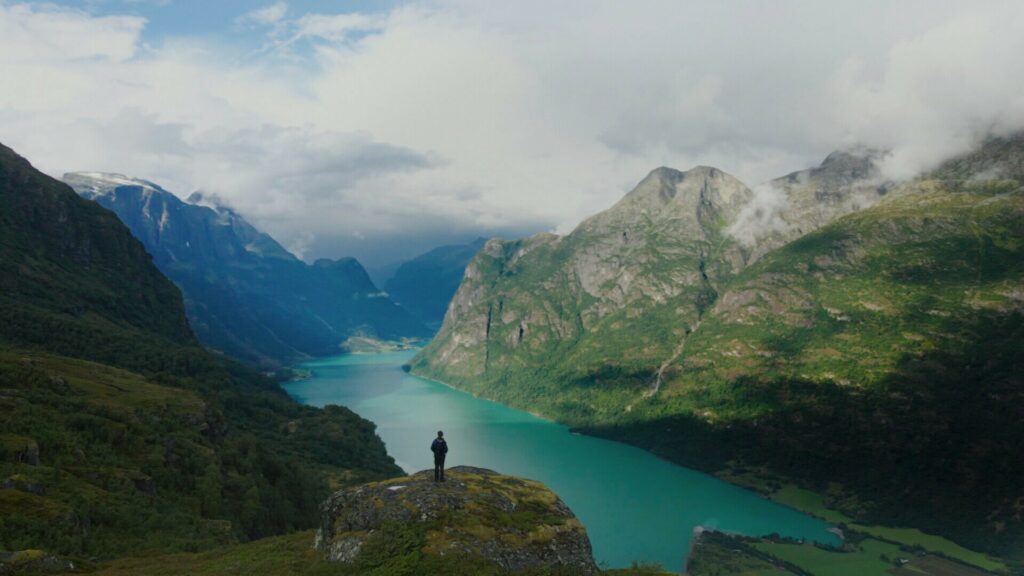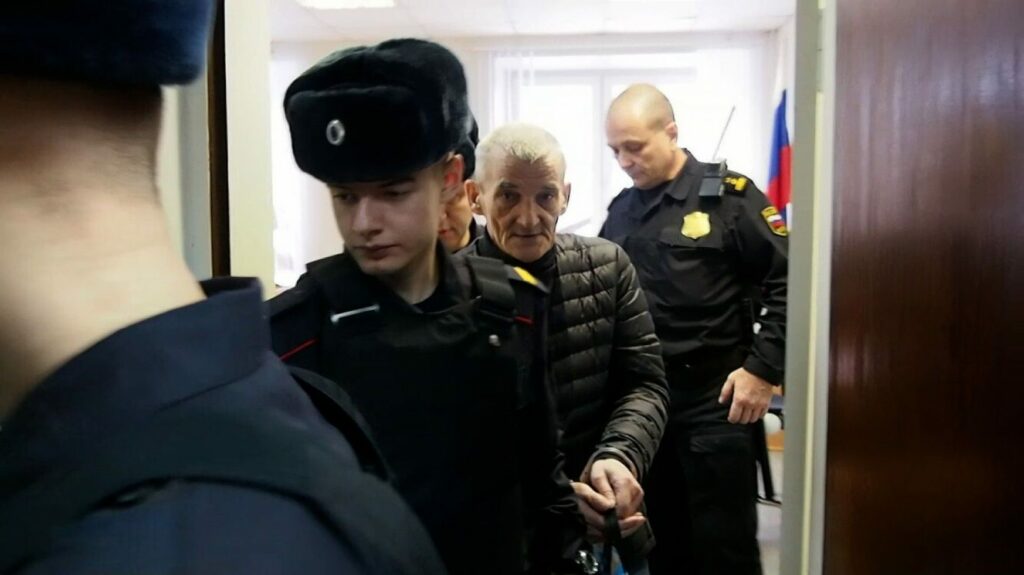In what was the 63rd edition of the renowned festival, Igor Angjelkov pays a particular focus to the standout films in the International Documentary Competition and cites a common connecting thread of otherness.

Poland is a country with a great film tradition, with countless important film festivals, and with many tourists from all over the world. My first visit to this country in the northeast of Europe took place as a member of the FIPRESCI jury at one of the oldest film festivals on the old continent. Krakow is one of the few cities that the Nazis (almost) virtually didn’t touch during the Second World War, leaving the city’s core completely preserved for the next generations. This beauty is visited by an average of 10 million tourists every year and rightly so, since the city has a lot to offer. This rich offer also includes the film festival in Krakow, which for the 63rd time, gathered the best of international documentary production in one place, including short films, national selection, and documentaries about contemporary musical heroes for a wider audience. It was a full week’s worth of brilliant offerings of stories spread across the city, in beautiful cinema temples, and I truly believe the audience had a hard time choosing what to watch.

The International Competition of documentary films consisted of 15 titles with their undoubted quality, which my colleagues and I subsequently discussed. The final choice and the winner were decided by nuances, and I particularly congratulate the selectors, who defined an excellent offer that abounded in various current topics. A general characteristic for most of them was that, probably due to the circumstances of the past few years, in some of the films the main characters were the authors themselves, who told their life story, which does not surprise us if we know that during the world pandemic it was really difficult to realize a certain idea with a larger team of people. Also striking was the increasingly authentic use of archival material within the documentary story, notably the author’s sensibility that is recognized and gives depth to the work.

In the visual spectacle for the Norwegian fjords, Songs of Earth, director Margreth Olin once again ‘warns us’ about the importance of our relationship to nature, because we come from nature ourselves, and there we will eventually return. The protagonists in Mikael Lypinski’s Unpaved know this well, when, fleeing the injustice of the urban world, live in harmony with nature – somewhere in the deep forests of Oregon. Injustice to human beings is a regular theme in creative documentaries. Authors Nick Read and Ayse Toprak tell us about the bad attitude towards women in Turkey in the wonderful My Name Is Happy, while in Tunde Skovran’s Who I Am Not, the theme that’s elaborated is connected to gender issues. The current war in Ukraine as a result of the regime in Russia is well captured in the documentaries, the Belarus-Swedish co-production Motherland by Alexander Mihalkovich and Hanna Badziaka, and the Dutch-Russian The Dmitriev Affair by Jessica Gorter. Cause – Consequence!

And at the end of this highlight of great accomplishments, life and death are presented as two sides of the same mirror. Iranian cinema gave us another unforgettable achievement – Silent House by the brother and sister Farnaz and Mohammad Reza, who through the story of the Jurabchian family that takes place over several decades, we look directly into the eyes of the changeability of life with all its ups and downs, at the same time becoming aware of the changes in the political and social context in this ancient country. As a part of the journey of this world, death is also captured through wonderful humor in the phenomenal Much Ado About Dying by the Irish author Simon Chambers, in the story of an actor who, even in his ninth decade of life, is full of energy and surprises.

As a common connecting thread of all mentioned realizations, it is in the ‘Otherness’, the one that shows the human being different from us in its full glory, with all life’s challenges and obstacles that it is carried along with it. Maybe that’s why the final selection of the winner of the FIPRESCI Jury Prize was not so difficult, because Ella Glendining’s Is There Anybody Out There? sublimates all these things in one place, connecting them all to a consistent picture of the ‘Other’, which does not leave you indifferent. The film follows the author’s search for a person with the same disability as her own, documenting an unexpected pregnancy, exploring the experience of being disabled and the emotional challenge of becoming a mother. The reasoning probably explains everything in a nutshell:
“For addressing an under-represented social issue with determination, insight and diverse cinematic means. At the heart of the issue herself, the director raises crucial questions about contemporary perceptions of ‘otherness’ and ‘normality’, avoiding simplistic or conventional answers.”
All in all, this year’s edition of the Krakow Film Festival showed how, with an excellent organization, many guests and a fantastic film program, the Seventh Art continues to maintain its power, to show the world all its virtues and flaws, still keeping the status of a leading art.
Igor Angjelkov
Edited by Steven Yates
© FIPRESCI 2023
